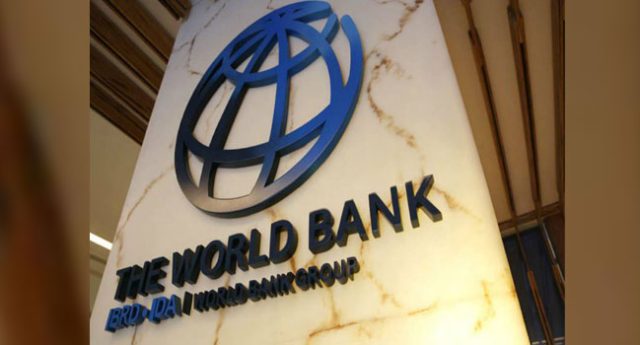The World Bank has urged private sector investors to play a crucial role in achieving its ambitious “Mission 300” initiative, which aims to connect 300 million people in Sub-Saharan Africa, including Nigeria, to electricity by 2030.
Recognizing the significant energy access gap in the region, where nearly 600 million people lack access to electricity, the World Bank, in collaboration with the African Development Bank, has committed to connecting 250 million people.
To achieve this ambitious goal, the World Bank is implementing large-scale projects such as the Nigeria Distributed Access through Renewable Energy Scale-up (DARES) project, which aims to benefit over 17.5 million Nigerians.
However, the World Bank emphasizes the crucial role of private sector investment. “The private sector is central to filling funding gaps,” the report stated. “Estimates vary, but electrifying Africa will require a lot more financing than what development banks alone can supply, making massive private investment crucial to meet Mission 300 objectives.”
To encourage private sector participation, institutions like the International Finance Corporation and the Multilateral Investment Guarantee Agency are working to create incentives and guarantees for private sector investments in energy projects.
Furthermore, the World Bank is leveraging partnerships with regional organizations, such as the Common Market for Eastern and Southern Africa (COMESA), to establish a “one-stop shop” platform to facilitate project development and financing.
Philanthropic organizations, including The Rockefeller Foundation, the Global Energy Alliance for People and Planet, and the United Nations’ Sustainable Energy for All initiative, are also mobilizing additional public and private financing to support the mission.
The World Bank stressed that “Mission 300” aligns with its broader mission to end extreme poverty and foster shared prosperity. “Every step toward Mission 300 also furthers our commitment to creating a livable planet for all,” it added.
This initiative underscores the importance of collaborative efforts between governments, international institutions, the private sector, and civil society in addressing the significant energy access challenges facing Sub-Saharan Africa.
Follow us on Instagram.
https://www.instagram.com/businessnewsng?igsh=ZXpweTdjOGF1ZXdu





















